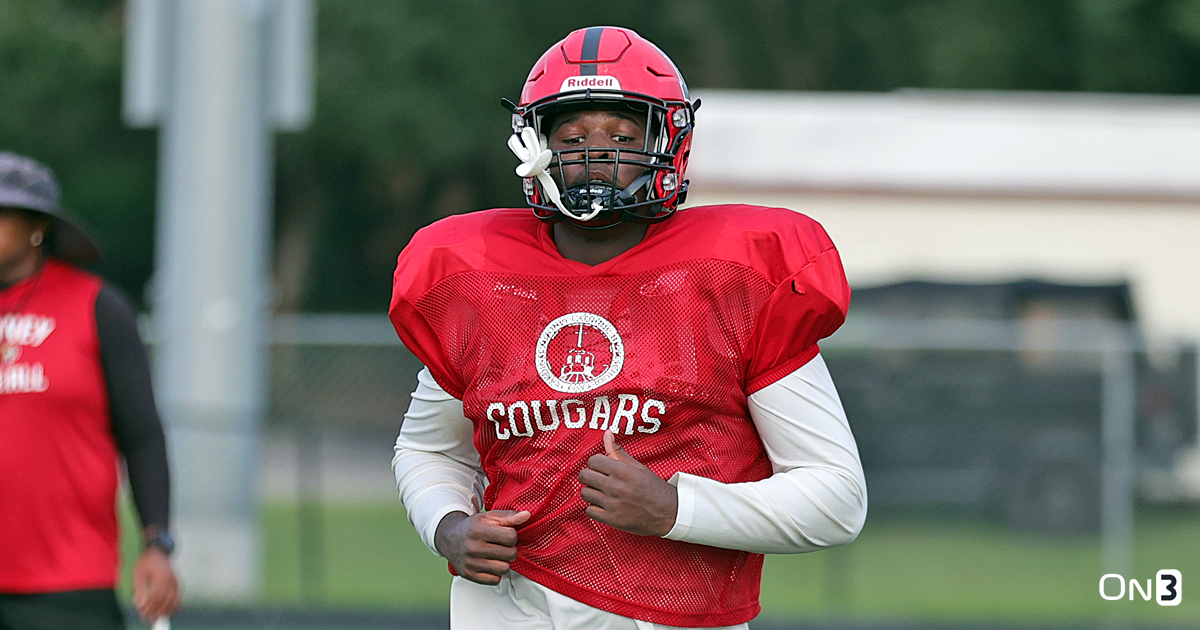Criticism of Drogheda's style is unfair and misplaced

In football, style of play has long been a subject of debate. From tika taka, to route one, to the low block, there's no shortage of philosophies and preferences.This past week, Drogheda United have found themselves in the firing line for how they go about winning football matches. The criticism, the choice of words from some, has been unfair and misplaced.A team’s style shouldn’t become a stick to beat a club with, especially one who are punching well above its weight and having great success from it.Under Kevin Doherty’s leadership, Drogheda are putting together a campaign built not on flashy numbers or possession stats, but on grit, organisation, and tactical clarity.A quick glance at the stats would be enough to make a modern football purist wince - Drogheda average between 33-36% possession per game and have had less of the ball than their opposition in 25 of their 26 league games this season.But the game, as Doherty has repeatedly reminded us of all season, isn’t a stats class - it’s about results.And the results are speaking volumes.In those 25 low-possession matches, Drogheda have lost just five times.Nine of those matches have ended in wins, and 11 in a draw.That’s an unbeaten return in over 80% of matches where they’ve ceded the ball to the opposition.Kevin Doherty is rightly unapologetic about his Drogheda side's approachRather than a sign of weakness, this is a mark of a team that knows exactly who they are - and more importantly, who they’re not pretending to be.They’ve pulled off wins against the likes of Bohemians (twice) and Shelbourne, registering just 21-27% possession in the process.They were games won through structured defending, efficient transitions, and, crucially, an understanding that control doesn’t have to mean dominance on the ball.In fact, Drogheda’s ability to frustrate and limit opposition chances - while creating and capitalising on just a handful of their own - is a form of control that’s often overlooked in the era of heat maps and pass completion rates.Many believe that a good manager builds his team around the tools he’s got, not the ones he wishes he had. That sentiment rings particularly true here.Doherty isn’t blessed with the financial clout or squad depth of the league’s frontrunners.Drogheda still operate with one of the lowest budgets in the Premier Division, and yet you wouldn’t know it watching their performances.What he does have is a group of players who work tirelessly, understand their roles inside out, and buy into a system that maximises their collective strengths.That’s good management - plain and simple.Could Drogheda dominate the ball and play open, expressive football week in and week out?Possibly, but the likelihood is they’d be torn apart by more expensively assembled squads.Instead, they’ve opted for pragmatism over idealism, and it’s working. Their defensive structure is well-drilled, their set-piece routines are affective, and when they break - they break with purpose.The language used by some to describe Drogheda’s approach in recent days has been unnecessarily harsh.To label how they go about that approach in a negative manner is to miss the point entirely.It’s also to disrespect the hard work and resilience that has gone into building a campaign which, despite financial limitations, continues to keep them competitive in an extremely tight league.There’s no one correct way to win a football match.Josh Thomas bangs home the Drogs winner at DalymountPep Guardiola’s brand of possession-based control is revered for good reason, but even he has praised the art of suffering without the ball.Diego Simeone’s Atlético Madrid are masters of it. So too were the early Mourinho teams.What Drogheda are doing is not revolutionary, but it is relevant - especially in a league where resources are unevenly spread and survival, not style points, is all that matters.This isn’t an argument against possession-based football. There’s joy in watching that, no doubt.But beauty can also be found in defensive organisation, in tactical discipline, and in the sheer will to compete against the odds.Drogheda are showing that. They’ve proven that controlling a game without the ball isn’t just possible - it can be highly effective.Kevin Doherty deserves more than just quiet acknowledgment for what he’s achieved. He deserves praise. His side have defied expectation with everything they are doing.And while some watching on might turn up their noses, the league table doesn’t hand out points for passing in triangles.What Drogheda are doing might not appeal to everyone’s taste. But it demands respect.Listen to the RTÉ Soccer podcast on Apple Podcasts, Spotify or wherever you get your podcasts.









